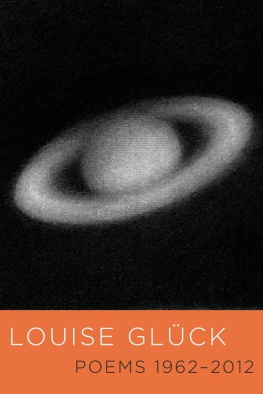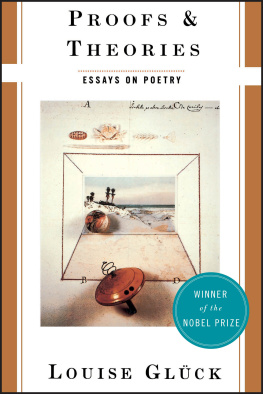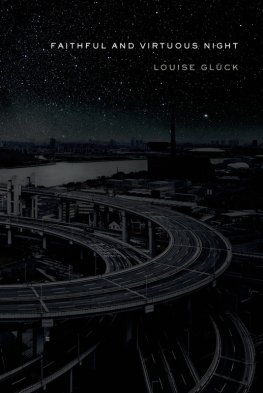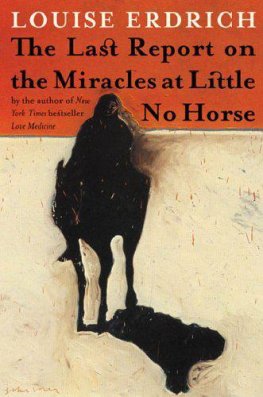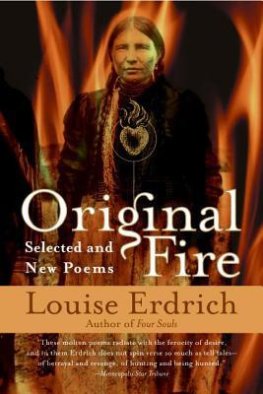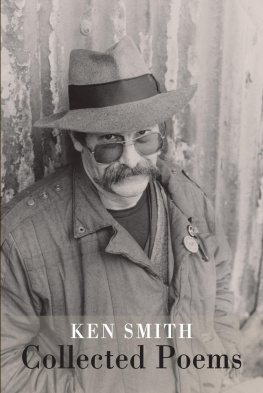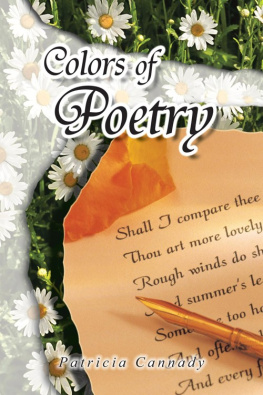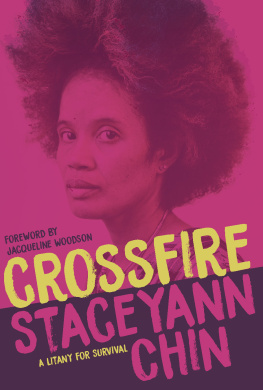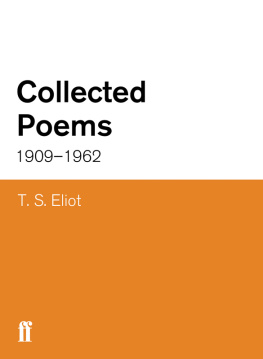ALSO BY LOUISE GLCK POETRY Firstborn The House on Marshland Descending Figure The Triumph of Achilles Ararat The Wild Iris Meadowlands Vita Nova The Seven Ages Averno A Village Life ESSAYS Proofs & Theories: Essays on Poetry I THE EGG SILVERPOINT My sister, by the chiming kinks Of the Atlantic Ocean, takes in light. Beyond her, wreathed in algae, links on links Of breakers meet and disconnect, foam through bracelets Of seabirds. The wind sinks. She does not feel the change At once. It will take time. My sister, Stirring briefly to arrange Her towel, browns like a chicken, under fire.
DEDICATION TO HUNGER 1. From the Suburbs They cross the yard and at the back door the mother sees with pleasure how alike they are, father and daughter I know something of that time. The little girl purposefully swinging her arms, laughing her stark laugh: It should be kept secret, that sound. It means shes realized that he never touches her. She is a child; he could touch her if he wanted to. 2.
Grandmother Often I would stand at the window your grandfather was a young man then waiting, in the early evening. That is what marriage is. I watch the tiny figure changing to a man as he moves toward her, the last light rings in his hair. I do not question their happiness. And he rushes in with his young mans hunger, so proud to have taught her that: his kiss would have been clearly tender Of course, of course. 3. 3.
Eros To be male, always to go to women and be taken back into the pierced flesh: I suppose memory is stirred. And the girl child who wills herself into her fathers arms likewise loved him second. Nor is she told what need to express. There is a look one sees, the mouth somehow desperate Because the bond cannot be proven. 4. The Deviation It begins quietly in certain female children: the fear of death, taking as its form dedication to hunger, because a womans body is a grave; it will accept anything.
I remember lying in bed at night touching the soft, digressive breasts, touching, at fifteen, the interfering flesh that I would sacrifice until the limbs were free of blossom and subterfuge: I felt what I feel now, aligning these words it is the same need to perfect, of which death is the mere byproduct. 5. Sacred Objects Today in the field I saw the hard, active buds of the dogwood and wanted, as we say, to capture them, to make them eternal. That is the premise of renunciation: the child, having no self to speak of, comes to life in denial I stood apart in that achievement, in that power to expose the underlying body, like a god for whose deed there is no parallel in the natural world. HAPPINESS A man and woman lie on a white bed. It is morning.
I think Soon they will waken. On the bedside table is a vase of lilies; sunlight pools in their throats. I watch him turn to her as though to speak her name but silently, deep in her mouth At the window ledge, once, twice, a bird calls. And then she stirs; her body fills with his breath. I open my eyes; you are watching me. Almost over this room the sun is gliding.
Look at your face, you say, holding your own close to me to make a mirror. How calm you are. And the burning wheel passes gently over us. III LAMENTATIONS AUTUMNAL Public sorrow, the acquired gold of the leaf, the falling off, the prefigured burning of the yield: which is accomplished. At the lakes edge, the metal pails are full vats of fire. So waste is elevated into beauty.
And the scattered dead unite in one consuming vision of order. In the end, everything is bare. Above the cold, receptive earth the trees bend. Beyond, the lake shines, placid, giving back the established blue of heaven. The word is bear : you give and give, you empty yourself into a child. And you survive the automatic loss.
Against inhuman landscape, the tree remains a figure for grief; its form is forced accommodation. At the grave, it is the woman, isnt it, who bends, the spear useless beside her. AUBADE Today above the gulls call I heard you waking me again to see that bird, flying so strangely over the city, not wanting to stop, wanting the blue waste of the sea Now it skirts the suburb, the noon light violent against it: I feel its hunger as your hand inside me, a cry so common, unmusical Ours were not different. They rose from the unexhausted need of the body fixing a wish to return: the ashen dawn, our clothes not sorted for departure. APHRODITE A woman exposed as rock has this advantage: she controls the harbor. Ultimately, men appear, weary of the open.
So terminates, they feel, a story. In the beginning, longing. At the end, joy. In the middle, tedium. In time, the young wife naturally hardens. Drifting from her side, in imagination, the man returns not to a drudge but to the goddess he projects.
On a hill, the armless figure welcomes the delinquent boat, her thighs cemented shut, barring the fault in the rock. ROSY When you walked in with your suitcase, leaving the door open so the night showed in a black square behind you, with its little stars like nailheads, I wanted to tell you you were like the dog that came to you by default, on three legs: now that she is again no ones, she pursues her more durable relationships with traffic and cold nature, as though at pains to wound herself so that she will not heal. She is past being taken in by kindness, preferring wet streets: what death claims it does not abandon. You understand, the animal means nothing to me. THE DREAM OF MOURNING I sleep so you will be alive, it is that simple. The dreams themselves are nothing.
They are the sickness you control, nothing more. I rush toward you in the summer twilight, not in the real world, but in the buried one where you are waiting, as the wind moves over the bay, toying with it, forcing thin ridges of panic And then the morning comes, demanding prey. Remember? And the world complies. Last night was different. Someone fucked me awake; when I opened my eyes it was over, all the need gone by which I knew my life. And for one instant I believed I was entering the stable dark of the earth and thought it would hold me.
THE GIFT Lord, You may not recognize me speaking for someone else. I have a son. He is so little, so ignorant. He likes to stand at the screen door, calling oggie, oggie, entering language, and sometimes a dog will stop and come up the walk, perhaps accidentally. May he believe this is not an accident? At the screen welcoming each beast in loves name, Your emissary. WORLD BREAKING APART I look out over the sterile snow.
Under the white birch tree, a wheelbarrow. The fence behind it mended. On the picnic table, mounded snow, like the inverted contents of a bowl whose dome the wind shapes. The wind, with its impulse to build. And under my fingers, the square white keys, each stamped with its single character. I believed a minds shattering released the objects of its scrutiny: trees, blue plums in a bowl, a man reaching for his wifes hand across a slatted table, and quietly covering it, as though his will enclosed it in that gesture.
I saw them come apart, the glazed clay begin dividing endlessly, dispersing incoherent particles that went on shining forever. I dreamed of watching that the way we watched the stars on summer evenings, my hand on your chest, the wine holding the chill of the river. There is no such light. And pain, the free hand, changes almost nothing. Like the winter wind, it leaves settled forms in the snow. Known, identifiable except there are no uses for them.
EARLY DECEMBER IN CROTON-ON-HUDSON Spiked sun. The Hudsons Whittled down by ice. I hear the bone dice Of blown gravel clicking. Bone pale, the recent snow Fastens like fur to the river. Standstill. We were leaving to deliver Christmas presents when the tire blew Last year.
Above the dead valves pines pared Down by a storm stood, limbs bared I want you. THE RETURN At first when you went away I was frightened; then a boy touched me on the street, his eyes were level with mine, clear and grieving: I called him in; I spoke to him in our language, but his hands were yours, so gently making their murderous claim And then it didnt matter which one of you I called, the wound was that deep. LAMENTATIONS 1. The Logos They were both still, the woman mournful, the man branching into her body. But god was watching. They felt his gold eye projecting flowers on the landscape.
Next page
